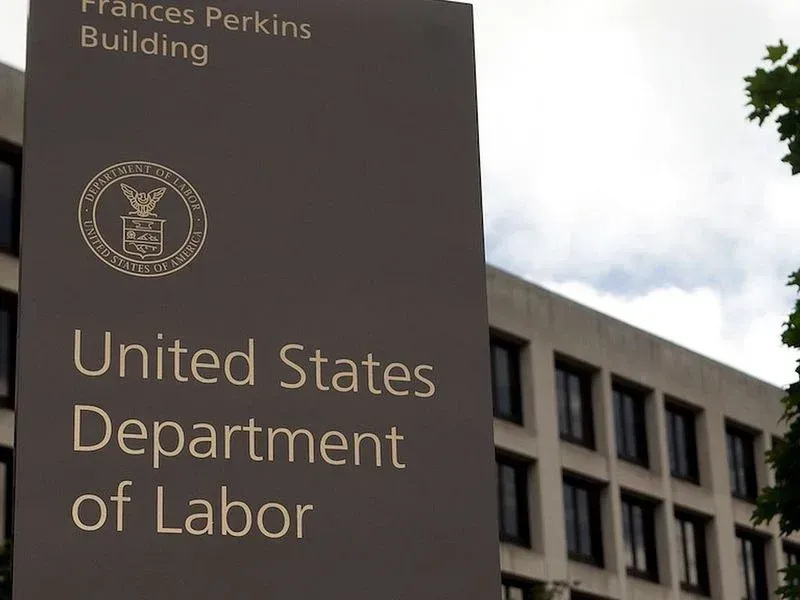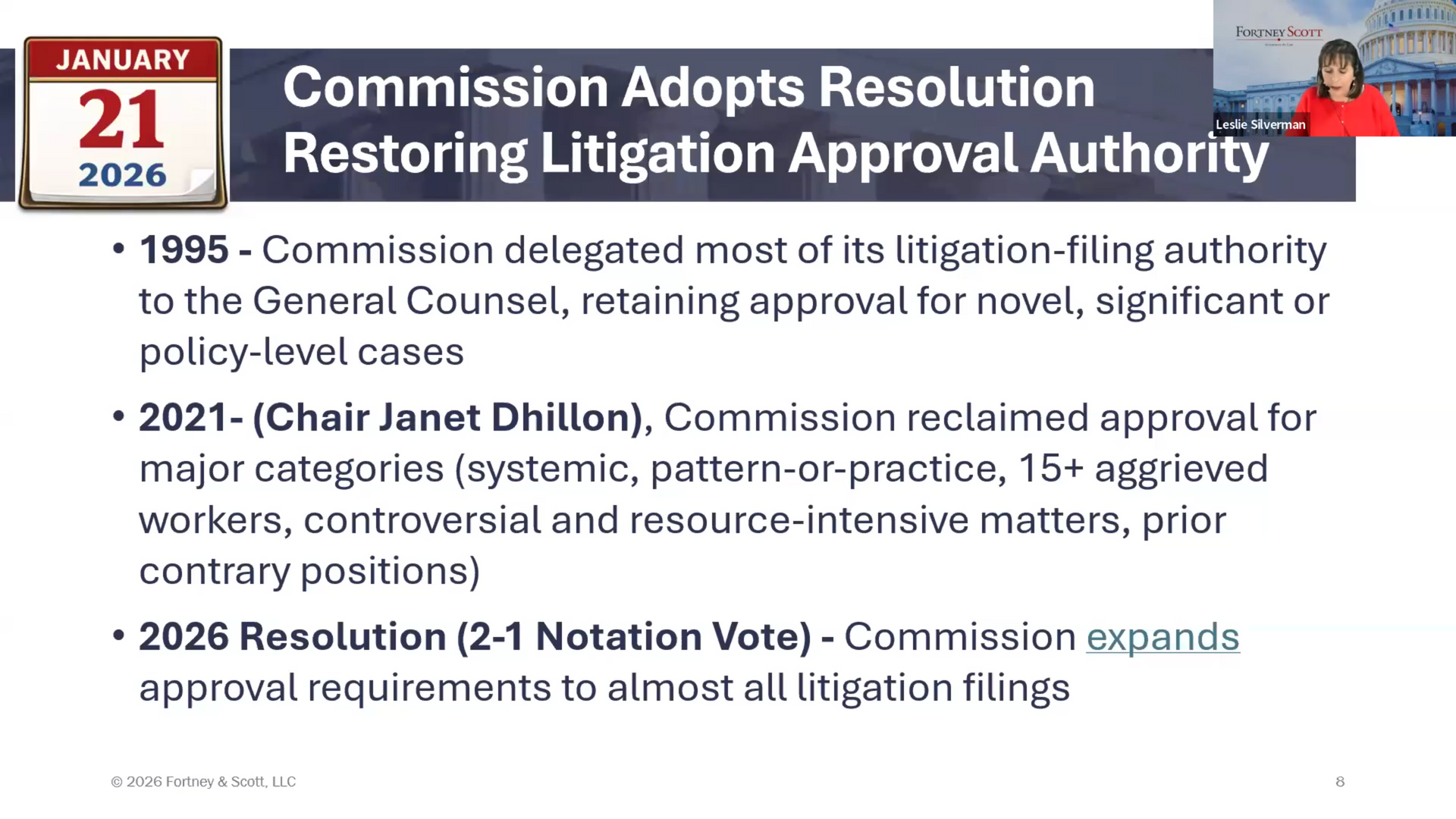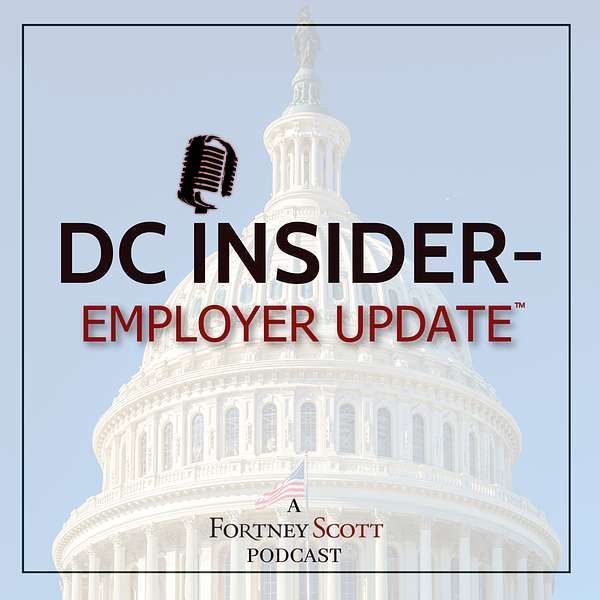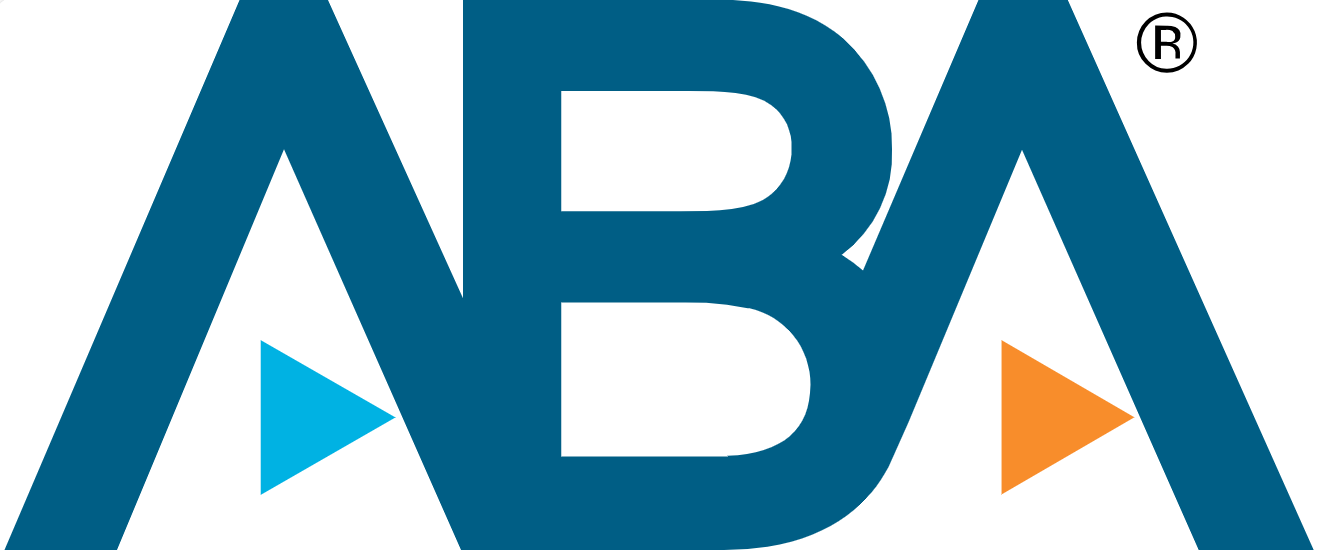Biden Administration Proposes New Pay Transparency/Equity Rule
On January 29, 2024, on the 15th anniversary of the enactment of the Lily Ledbetter Fair Pay Act, the Biden Administration announced a proposed regulation to prohibit federal contractors and subcontractors from using job applicant’s prior salary history when setting pay and to require federal contractors to disclose the expected salary range in job postings. The proposal was published in the Federal Register on January 30, 2024 and comments were due on April 1, 2024.
Background
The proposed rule was issued by the Federal Acquisition Regulation (FAR) Council after being directed by President Biden in Executive Order 14069 issued in March of 2022 to promulgate proposed rules enhancing pay equity and transparency for federal contractors’ job applicants and employees.
Proposed Rule
The proposal, which covers applicants and current employees seeking a position to perform work on or in connection with the contract, bans the use of salary history and also requires expansive compensation disclosure and notice requirements. The “in connection with” is defined as “work activities necessary to the performance of the contract but not specifically called for by the contract” (89 Fed. Reg. 5843, 5853). This vastly expanded definition will make it difficult for contractors to determine who is covered.)
Under the salary history portion of the proposal, federal contractors and subcontractors may not
- Seek, directly or indirectly, the compensation history of any applicant from any person;
- Retaliate against or refuse to consider any applicant for failing to respond to a compensation inquiry; or
- Rely on an applicant’s compensation history for screening or considering an applicant for employment or in determining an applicant’s compensation, even if the applicant volunteers compensation history.
In addition, federal contractors will be required to include in all advertisements for job openings, placed by or on behalf of any position on or in connection with a contract, the following disclosure:
- Salary, wages or pay range a contractor “in good faith” believes it will pay for the advertised position and may include:
- Pay scale for the position,
- Range of compensation for those currently working in similar jobs, or
- Amount budgeted for the position.
- General description of benefits and other forms of compensation applicable and, if half of the compensation is derived from commissions, bonuses, and/or overtime, the contractor must specify the percentage of overall compensation for each form of compensation that it in good faith believes will be paid.
Finally, federal contractors must provide a standard notice of these requirements as either part of the job announcement or application process, including the following, verbatim:
This employer is a Federal contractor or subcontractor. Under 48 C.F.R. (FAR) 52.222–ZZ, Prohibition on Compensation History Inquiries and Requirement for Compensation Disclosures by Contractors During Recruitment and Hiring, Federal contractors and subcontractors may not inquire about or rely on an applicant’s compensation history to screen an applicant for employment or to determine the applicant’s pay for a position on or in connection with a Federal contract or subcontract, even when the information is offered without prompting. The employer must also disclose the compensation for the position in all advertisements for the job opening.
Applicants alleging Federal contractor or subcontractor violations of these requirements: These applicants may submit a complaint to the central collection point of the agency that issued the solicitation for the Federal contract or awarded the Federal contract or order, as identified at www.dol.gov/general/labor-advisors. The complaint must be submitted within 180 days of the date the violation occurred. The agency that issued the solicitation or awarded the contract or order on which this applicant would primarily work is _______. [Contractor to fill in with appropriate agency name] For applicants supporting multiple agencies, complaints should copy the central collection point of all known agencies to be supported by the applicant’s position.
Applicants alleging discrimination on the basis of race, color, religion, sex, sexual orientation, gender identity, national origin, disability, or protected veteran status should file a complaint with the Office of Federal Contract Compliance Programs (OFCCP). If complaints alleging discrimination are submitted to an agency central collection point rather than directly with OFCCP, the complaints will be forwarded to OFCCP. Information on the process for filing a formal complaint of discrimination with OFCCP can be found at the following website: https:// www.dol.gov/agencies/ofccp/contact/ file-complaint.
The notice would require contractors to identify which agency issued the solicitation, award, or the order on which the applicant would primarily work. Any applicant who alleges violation of these requirements may submit a complaint to “the central collection point of the agency” that issued the solicitation or awarded the contract. The central collection point of the contracting agency is identified as DOL Labor Advisors assigned to the contracting agency.
Substantial New Burdens Imposed
While initially the proposal looks similar to current state and local pay transparency requirements, it places a substantial additional burden on contractors because of its differences with current pay transparency requirements. The requirement to tie each position to a specific contract is especially onerous because contractors do not always know which position will be tied to which federal contract and many workers devote time to many contracts in the course of their job.
Next Steps
While the FAR Council is considering the comments to its proposal, several courts are reconsidering whether the President has the authority under the Procurement Act to issue Executive Orders like this one. Despite the likelihood of court challenges, federal contractors should carefully review this proposal and begin to determine how to comply with the new proposal.
FortneyScott will continue to monitor these developments and provide updates as appropriate. Clients with questions can reach out to their FortneyScott attorney.
Issued: April 2, 2024















